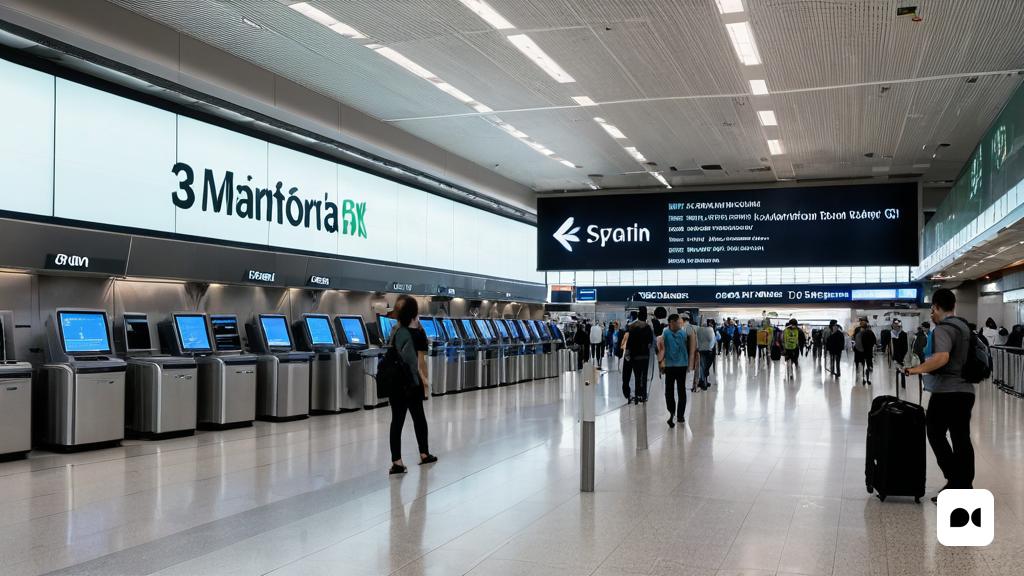Recovery after a day of chaos
Airports around the world, including those managed by Aena, such as Barcelona-El Prat, are returning to normal after a chaotic Friday due to a problem in Microsoft systems. In the middle of the holiday season, an update to Crowdstrike’s cybersecurity service turned out to be incompatible, causing Windows to crash and computer systems to crash at airports around the world.
This failure forced all processes at airports, such as flight check-in, to be carried out manually, causing long lines and crowds of passengers. More than 33,000 flights were canceled globally, including some 400 flights on the Aena network, leaving tens of thousands of people stranded.
Systems restoration and crisis management
Aena has managed to restore most of its systems and highlights its management during the crisis, despite the numerous cancellations. From the early hours of Friday until 7:00 p.m., 5,600 flights were operated in its network, canceling only 6.5% of scheduled flights, about 7,400 in total. Despite the delays, the airports have remained operational at all times.
In addition to Barcelona-El Prat, airports such as Madrid-Barajas and Palma have reported major damage due to their high demand at this time of year.
Impact on airlines
Several airlines, including Iberia, Air Europa, Air France, KLM, Eurowings, Vueling, Ryanair and Wizz Air, have experienced failures in their computer systems. This prevented users from checking in on the companies’ applications or websites, and passengers were recommended to arrive three hours in advance to complete the process in person.
The recommendation to check the status of flights and tickets remains in force to avoid additional inconveniences.
Affects in international airports
The blackout also affected several US airlines such as Delta, United and American Airlines, whose flights were grounded. In Europe, numerous airports faced similar problems, implementing contingency plans to reduce the impact on travelers. These include Heathrow in London, Luton, Gatwick, Stansted, Edinburgh, Manchester, Rome, Schiphol in Amsterdam, Berlin, Zurich and Krakow.
Government assessment
Statements from the Minister of Transport
Óscar Puente, Minister of Transport and Sustainable Mobility, assured that the failures in Microsoft’s cloud services did not generate ‘major problems’ at airports. The main impact was on Aena’s billing systems, which has been gradually recovering. Puente highlighted the work of Aena and its staff in managing the crisis and carrying out shipments and billing manually.
Minor impact on Spanish airports
The minister explained that the incident was due to an update to an antivirus linked to Microsoft, widely used worldwide by private and public companies. Fortunately, in Spain the impact has been minor compared to other places.
Comments from the Minister of Industry and Tourism
For his part, Jordi Hereu, Minister of Industry and Tourism, also stated that Microsoft’s ruling had a ‘slight’ impact on Aena’s airport network. During a visit to Mataró, Hereu pointed out that the problem forced the activation of a contingency system to carry out billing and passport control manually, avoiding major inconveniences. In addition, police systems have been reinforced to manage the situation.

